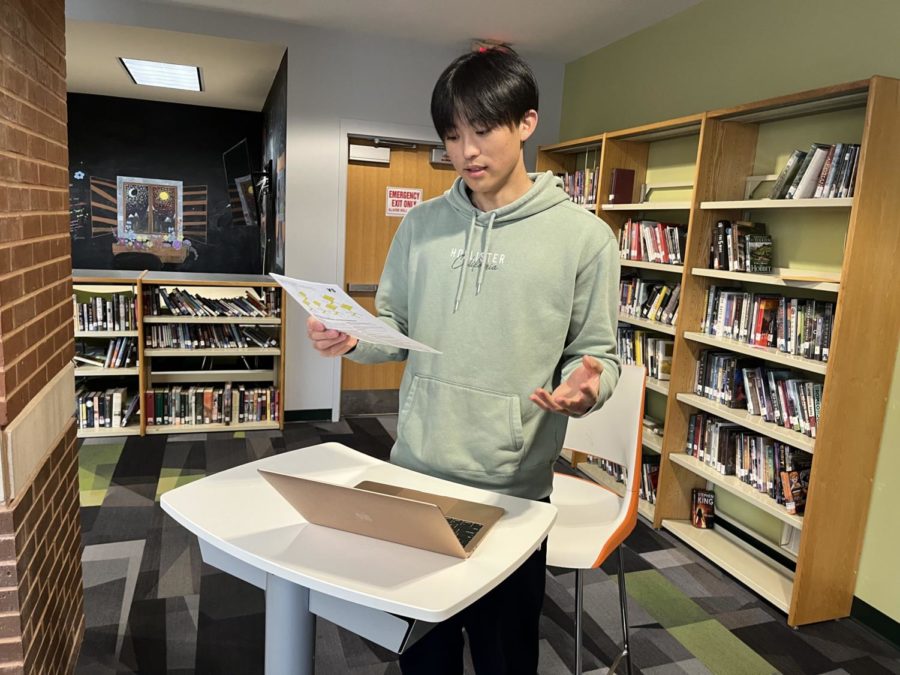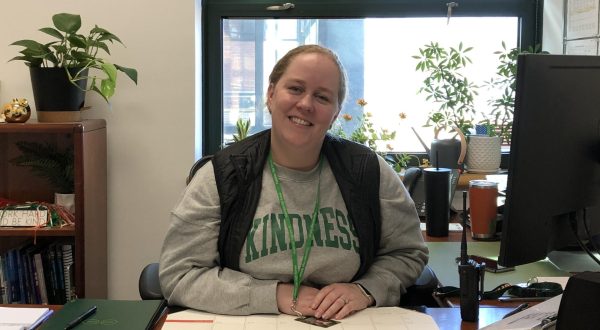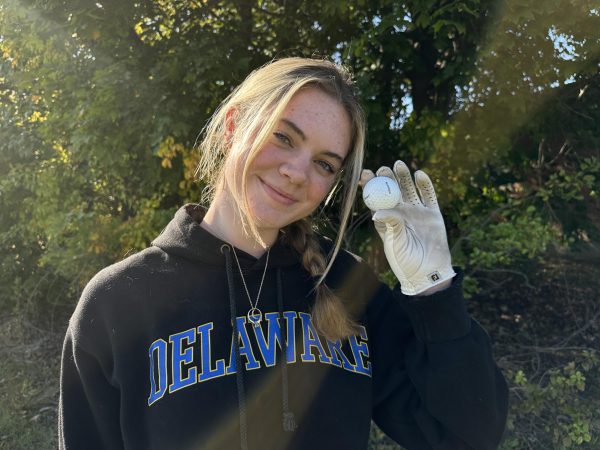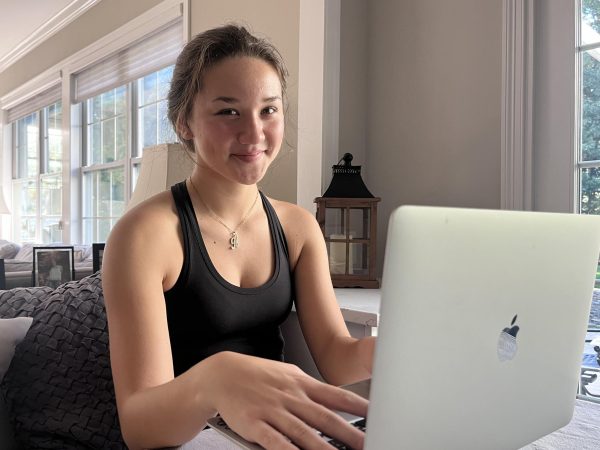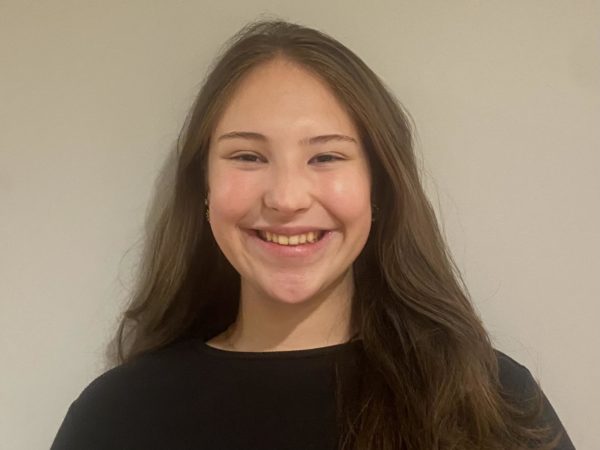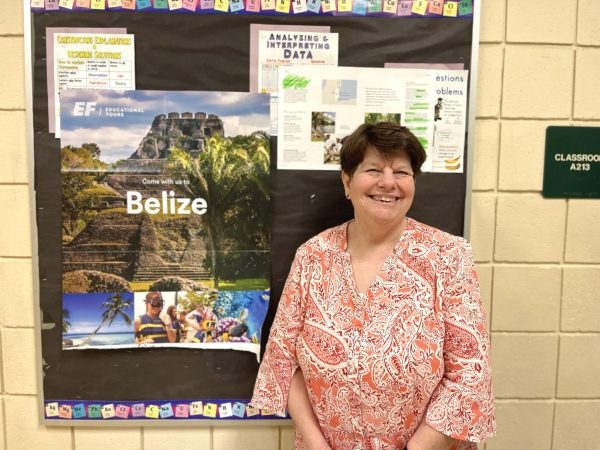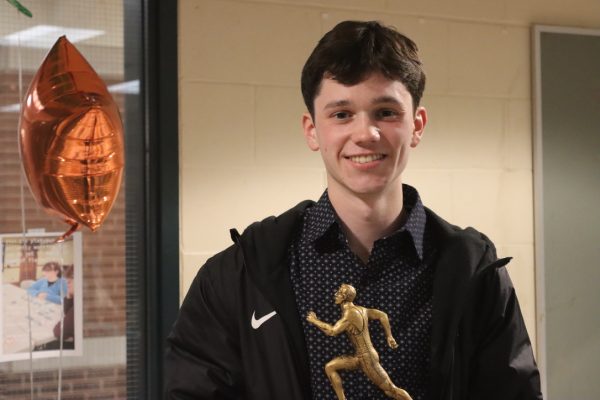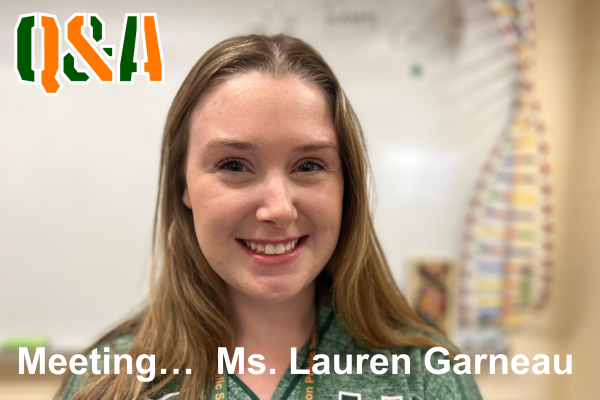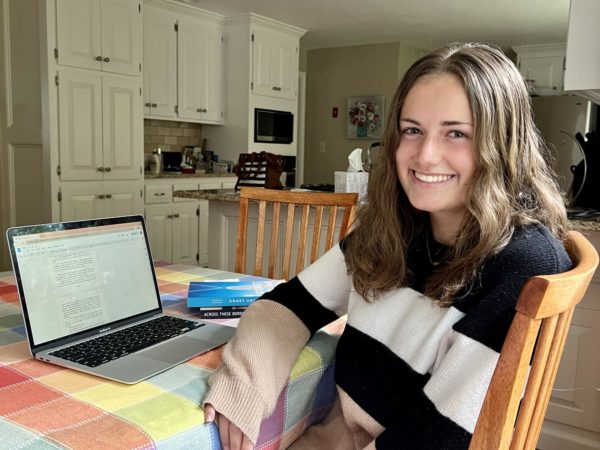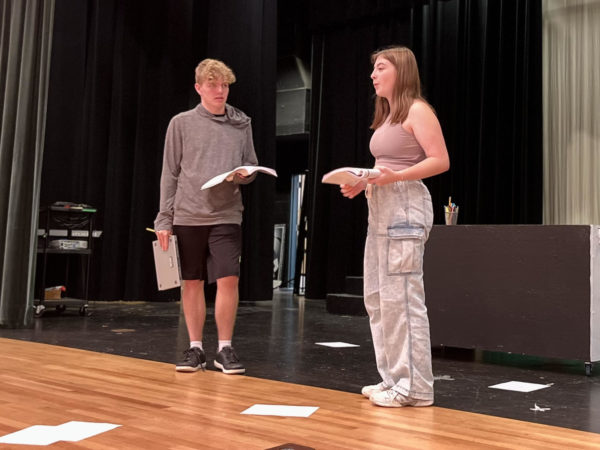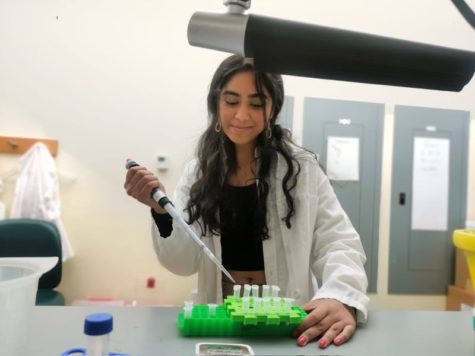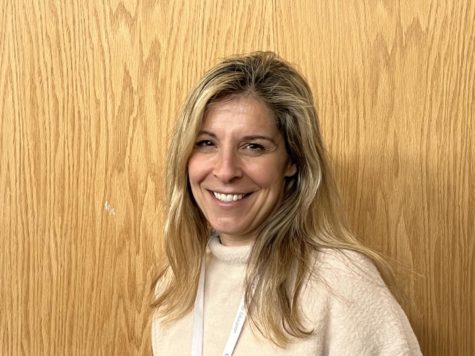Leo Shimmura: Cultural Educator
During the early months of quarantine, many people had far more time than they knew what to do with. Yet for senior Leo Shimmura, there were not enough hours in a day to pursue all of his passions.
With school days being only three-hour Zoom sessions, Shimmura took advantage of his free hours as an opportunity to learn about his identity while supporting others in the process.
Boston SAKURA Kids (BSK) is a non-profit that Shimmura and some friends organized to educate young children on Japanese/English language and culture. Through virtual meetings led by well-informed volunteer mentors, most of whom are Japanese-American high schoolers, BSK fosters cultural appreciation, understanding, and diversity through interactive activities.
In March 2020, Shimmura’s friends—Yurika Tarui of Newton North High School and Karina Peak of The Windsor School—brought the idea to him. Shimmura instantly offered to help.
“During COVID, we saw a news report saying that children were not being provided with as high of a quality of education as they were pre-pandemic. We saw it as an emerging opportunity to use our resources to fix it,” he recalled.
Shimmura attended a branch of the Japanese Language School in Greater Boston, where he spread word about Boston Sakura Kids through networking and hanging up flyers.
“I created the website and advertisements that could be shared around to students or parents wanting to join the program,” said Shimmura, who soon began mentoring lessons.
BSK was an instant success.
“The English lessons helped me a lot when we started in-person school again,” said Jiro Takahashi, a former student at Boston Sakura Kids. “My grades in all of my classes improved.”
For Shimmura, his involvement in BSK hits close to home.
In search of more educational and social opportunities, Shimmura and his family immigrated to the United States from Japan when he was seven. To keep in touch with his roots, Shimmura made it a point to stay grounded in the practices of his culture, practicing calligraphy and attending a Japanese school on weekends.
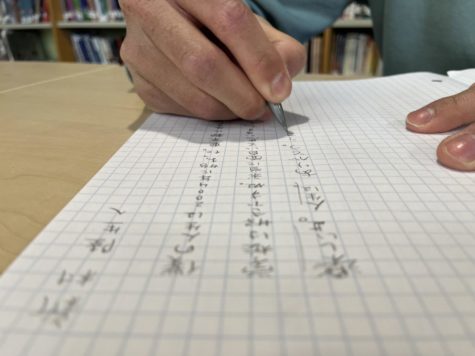
“I didn’t know if I wanted to fully embrace this new ‘American’ way of living, or resist assimilation into this new environment. I have come to learn how to experience the best of both worlds without losing my identity in the process,” Shimmura reflected.
“I knew how important it was for him to understand his own culture in an unfamiliar place, so I encouraged him to look for opportunities to embrace it,” Naho Shimmura said. She, too, had anticipated that her family would face some difficulty in staying connected to their culture after leaving Japan. Luckily, her son took up these opportunities with great enthusiasm.
Shimmura’s experiences at BSK have made him want to gain more experience as an educator. Recently, he applied for an internship at the Hopkinton Middle School where he would support the students’ learning environments during the school day.
The HHSIEP Internship [Hopkinton Highschool Senior Internship in Education Program] is similar to BSK in that high school-aged tutors teach younger peers in areas they are proficient in.
“Being a teacher is a role that requires a lot of skill,” Shimmura said. “Through my time at BSK, I learned that once you become a better teacher, you get a better feel for what the kids are thinking of and who those kids really are.”

